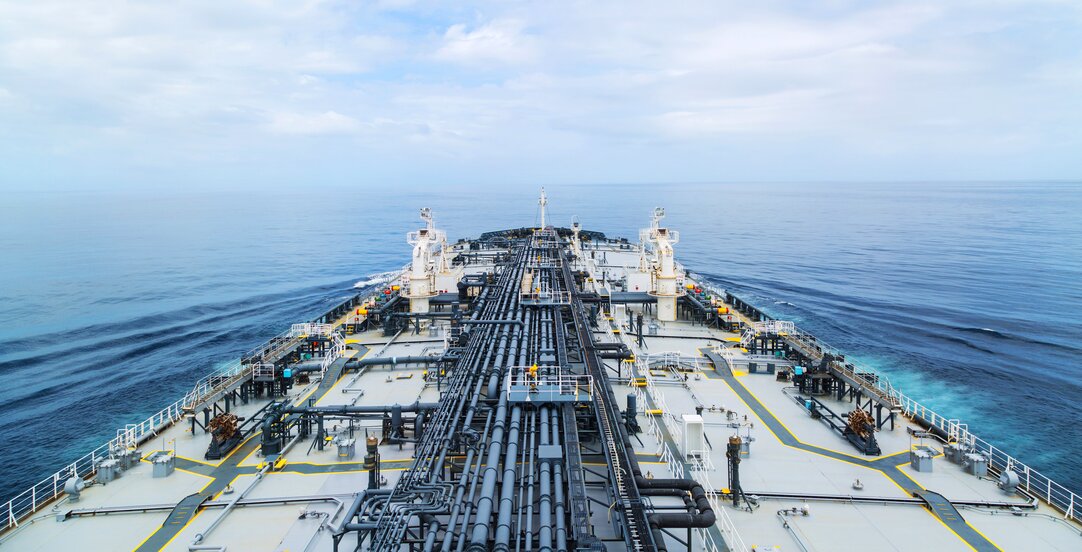Court underlines charterers’ obligation to maintain class under bareboat charter

A recent decision of the High Court in London means that shipowners will have a decisive right in remedy against bareboat charterers who fail to maintain the class status of a vessel. It will also serve as a reminder to charterers of the importance of documentary obligations under such charters.
Reading time 5 minutes
In Silverburn Shipping (IoM) Ltd v Ark Shipping Company LLC [2019] EWHC 376 (Comm), Mrs Justice Carr held that, in circumstances where a vessel is on bareboat charter, the obligation on charterers to keep the vessel with unexpired class certificates at all times is both an absolute obligation and a condition of the contract. Expiry of those certificates will result in termination of the charter.
The dispute arose in connection with the chartering by Silverburn Shipping of the newbuild anchor-handling tug (AHT) "Arctic" to Ark Shipping on a 15-year amended BARECON 89 standard form. Roughly five years into the charter, the vessel's special survey was due but, because Ark Shipping had failed to make adequate and timely preparations, the class certificates expired.
Silverburn sought to terminate the charter but Ark Shipping resisted on the basis that the vessel was in drydock and was soon to undergo repairs, following which class would be invited to survey the vessel.
The vessel's class certificates expired on 6 November 2017, before the vessel was drydocked for repairs. A month later, although now in drydock, the vessel was still out of class and Silverburn sought to terminate the charter party for breach of Clause 9. Ark Shipping resisted and maintained that the charter was still ongoing.
Clause 9(a) of the charter provided:
“Maintenance and Operation: The vessel shall during the
charter period be in the full possession and at the absolute
disposal for all purposes of the charterers and under their complete control in every respect. The charterers shall maintain the vessel, her machinery, boilers, her appurtenances and spare parts in a good state of repair, in efficient operating condition and in accordance with good commercial maintenance practice and (…) they shall keep the vessel with unexpired classification of (…) class (…) and with other required certificates in force at all times. The charterers to take immediate steps to have the necessary repairs done within a reasonable time failing which the owners shall have the right of withdrawing the vessel from the service of the charterers without noting any protest and without prejudice to any claim the owners may otherwise have against the charterers under the charter. (…).”
The dispute was referred to arbitration and the tribunal awarded in Ark Shipping’s favour, concluding that Clause 9(a), insofar as it related to keeping the vessel in class, did not impose an ‘absolute’ obligation but only a qualified obligation of reasonable diligence, i.e., the obligation was to reinstate the vessel's class within a reasonable time, should class expire. This obligation was held to be an intermediate obligation rather than a condition of the charter party.
Silverburn appealed to the High Court, arguing that a bareboat charter is fundamentally different to a time charter in that the asset of the owners is entirely at the disposal of the charterer, and owners have no crew on board, no rights to contract with class directly, and no rights to force charterers to dock the vessel for inspection.
This could conceivably have grave consequences not only for owners and their asset, but also for third-parties such as insurers, mortgage providers and flag state authorities which may require the vessel to be kept in class. In such circumstances, owners could be without cover but also without remedy.
Silverburn’s appeal was based on two questions of law. Firstly, was the obligation on Ark Shipping in Clause 9(a) to " keep the vessel with unexpired classification of (…) class (…) in force at all times" an absolute obligation, or merely an obligation to reinstate expired class certificates within a reasonable time? And, secondly, was the obligation a condition of the contract or an innominate term which could not be defined as either a condition or a warranty?
The High Court found in Silverburn’s favour, holding that there was a natural and ready distinction to be drawn between a vessel’s physical condition and maintenance status on the one hand and its classification status on the other. It was found that there was an absolute obligation on Ark Shipping to keep the vessel with unexpired classification certificates.
The High Court also found that, in the event of a breach of the obligation to keep the vessel in class, the obvious intention of the parties would be that the owners would have the right of termination. Moreover, it was deemed that the absence of the remedy of termination from the written clause in the charter party did not preclude the obligation from being a condition.
Clause 9 is materially the same in all iterations of the BARECON form, so that this decision will provide comfort for owners, who will be able to terminate a charter immediately and repossess their asset in the event that charterers fail to class a vessel, neglect to keep up with special survey intervals or in any way fail to maintain class status.
The BARECON is a commonly used form in the shipping industry and the decision is especially significant as loss of class inevitably leads to loss of insurance coverage. The judgment should also serve as a stark reminder to charterers and managers that documentary obligations, however seemingly trivial or arduous, go to the root of the contract and can have potentially very expensive consequences in damages – not just in terms of loss of profits, but potentially in terms of damages sought by any sub-charterers or cargo interests further down the chain – if the vessel is withdrawn.

